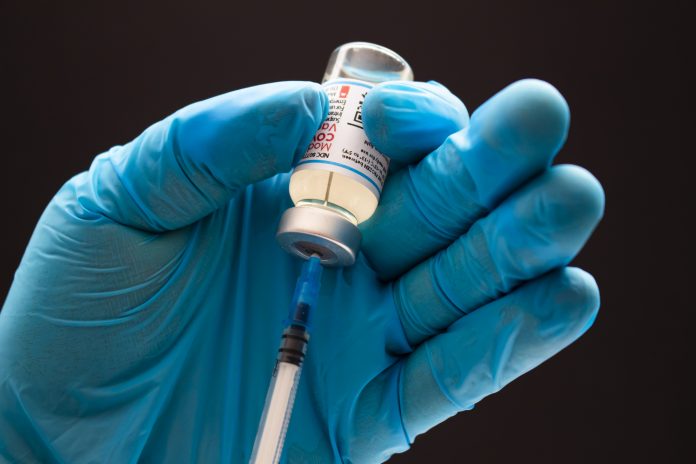The Moderna vaccine appears to be 93% effective, six months after the second dose – but CEO Stéphane Bancel says “we must remain vigilant”
As the COVID-19 crisis continues, drug-makers and the public are now thinking about how long their protection will last. In countries lucky enough to have access to vaccines, there is talk of a booster programme by the time winter rolls in.
Yesterday, Moderna announced that their vaccine would maintain high levels of efficacy even six months after the second dose.
Stéphane Bancel, Chief Executive Officer of Moderna, said: “We are pleased that our COVID-19 vaccine is showing durable efficacy of 93% through six months, but recognize that the Delta variant is a significant new threat so we must remain vigilant.”
Their next COVID vaccine, created to handle the Delta variant and others, is entering Phase 1 of clinical trials. The CEO further said that the company are working on a single dose vaccine, that can protect against Flu, COVID-19 and RSV.
What about booster doses?
The UK and Israel have already announced plans for a booster dose, targeting the immunocompromised and older population who may be at risk from the Delta variant.
But the WHO chief, Dr Tedros Ghebreyesus, said: “We need an urgent reversal from the majority of vaccines going to high-income countries, to the majority going to low income countries.”
On Wednesday, Dr Ghebreyesus asked richer countries to wait before administering a third dose, until Global South countries could reach atleast 10% double-vaccinated. The delay would give time for vaccine-makers to allocate doses to those countries, instead of feeding into the initial vaccination push for countries like Bangladesh and Nepal. However, pricing issues remain in existence and lock out some of these countries from accessing the vaccine – even if supplies were plentiful.
Pfizer have previously said that their vaccine would need to be boosted.
In a statement on 8 July, Pfizer commented: “That is why we have said, and we continue to believe that it is likely, based on the totality of the data we have to date, that a third dose may be needed within 6 to 12 months after full vaccination.”











